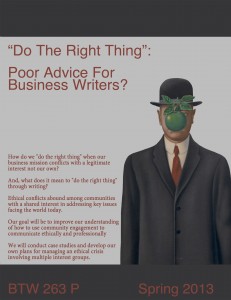The National Center for Supercomputing Applications
http://www.ncsa.illinois.edu
supports large scale computing in various disciplines and also has in-house research areas such as health sciences, bioinformatics, astronomy, and atmospheric sciences which can benefit from large scale data analysis.
Ian Brooks, who runs the Health Sciences Group currently has a Computer Assistant hourly position available
https://secure.admin.illinois.edu/osfa/vjb/detail.aspx?type=nonfws&postid=17131
While the primary focus is computer programming and the job only requires basic data analysis and visualization, he tells me having more advanced data analytic experience would be a nice plus. So if you have the computer skills he’s looking for and you are looking for hourly work, this is an opportunity worth considering.
He also tells me that there would be opportunities for a student interested in data exploration (in the public health realm) to do that in his group. They have data from sources including medical visits, weather, school attendance, and vet/med sources and are interested in extracting useful information for public health purposes. Currently this exploratory research would be unpaid and the compensation for these analyses would be shared publication credit, but it would be a good resume builder for anyone who is interested.
You can contact Ian directly at ianb@illinois.edu about the hourly position or potential exploratory research. There may be future opportunities in his group or other groups in NCSA as well.
I also wanted to make a quick plug for the Virtual Job Board
https://secure.admin.illinois.edu/osfa/vjb/
for students who are looking for work at or near the university and who may not have been aware of the board.
Darren Glosemeyer
Department of Statistics
University of Illinois Urbana-Champaign
https://netfiles.uiuc.edu/glosemey/www/


